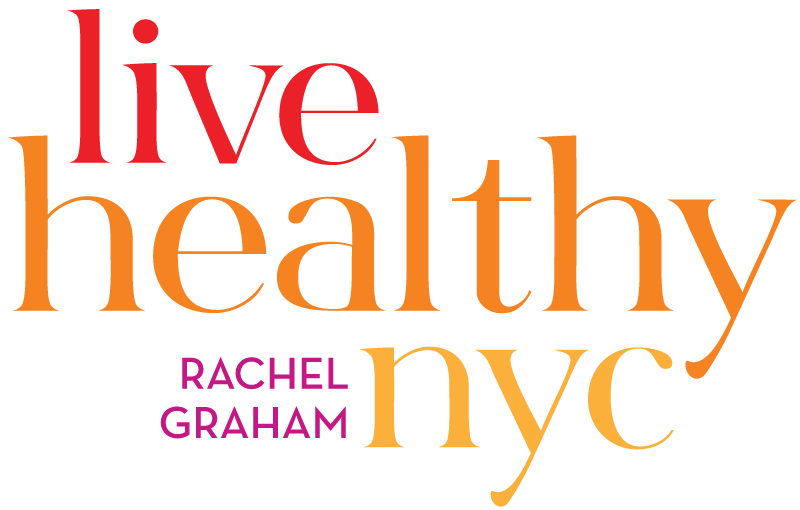As I recover from my back surgery, PATIENCE has become my motto. I have been dutifully “working” to make space in my life to be more tolerant of what I can change and what I can not change. And while I am acutely aware of the things I can do to help aid my recovery, I must be patient in both my mind and body as I heal. I have become well aware that “rest” is an active part of healing. I have to say, this slowing down is not an easy task for me. To some extent, regretfully, I have become a part of our society that has become less patient and very used to instant gratification- everything is a mouse click away! And in this same way, in efforts to live by the messages that society promotes, who of us hasn’t tried a specific diet or succumbed to food fads? However, in order to find our own happiness, we must learn to be mindful and focus and tune into our bodies. It is important to look inwards rather than letting social media dictate the “right” kinds of foods, exercise programs and even substances that can be detrimental to our own health and wellness.
Much in this way, the practice of Intuitive eating provides a way to reduce dieting patterns and enable more sustainable, long-term behaviors that are not controlled by society's norms. It is evident that the more appreciation we have for our bodies, the more happiness we tend to experience. Food gives us energy, it nourishes our cells from the inside out. Food is also something that brings us together with others. I love how it brings happiness, joy, and satisfaction when around others. In this way, food is there to also nourish our soul. Instead of thinking of foods as "good" or "bad", try to think in terms of "everyday food” and "sometimes food” - food based on what our body cues tell us. There's room for all foods; so let's make room to be patient with ourselves and peace with food.



















